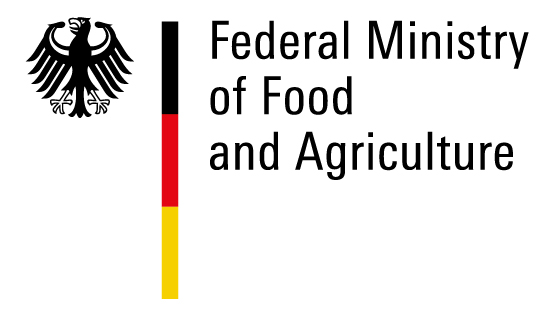Topic outline
This course, which is part of series of three, provides guidance to conduct an analysis and gap identification for the creation of an enabling environment for responsible investment in agriculture and food systems. Specifically, it describes how to analyse current institutional, policy, legal and regulatory frameworks and compare them with the Principles for Responsible Investment in Agriculture and Food Systems (CFS-RAI) through a context-specific and inclusive multi-stakeholder process.


This course is primarily intended for those who play a role in creating an enabling environment for responsible investment in agriculture and food systems. Target audience includes:
- Policy makers and parliamentarians.
- Government technical staff.
- Members of small-scale producer organizations.
- Members of civil society organizations.
- The steps in the analysis and gap identification phase for creating an enabling environment.
- The importance of ensuring inclusive and transparent multi-stakeholder engagement in creating an enabling environment.
- The needs and concerns of all stakeholders relevant to the enabling environment.
- The comparison between national frameworks with the CFS-RAI Principles to determine reforms needed for creating an enabling environment.
The course consists of 4 lessons, ranging from approximately 15 to 30 minutes duration each:
- Lesson 1 – Context analysis
- Lesson 2 – Transparent stakeholder engagement
- Lesson 3 – Stakeholder mapping
- Lesson 4 – National comparison against CFS-RAI Principles
The online version of this course runs on the latest versions of the major browsers, such as Chrome, Safari, Edge and Firefox.
The downloadable version only runs on Windows PC’s and no additional software is needed.
Evaluate this course
We would be pleased to receive your evaluation of this course, to support us in improving future e-learning courses. Please click on the button below to answer the questions in the form. It should only take you a few minutes!

